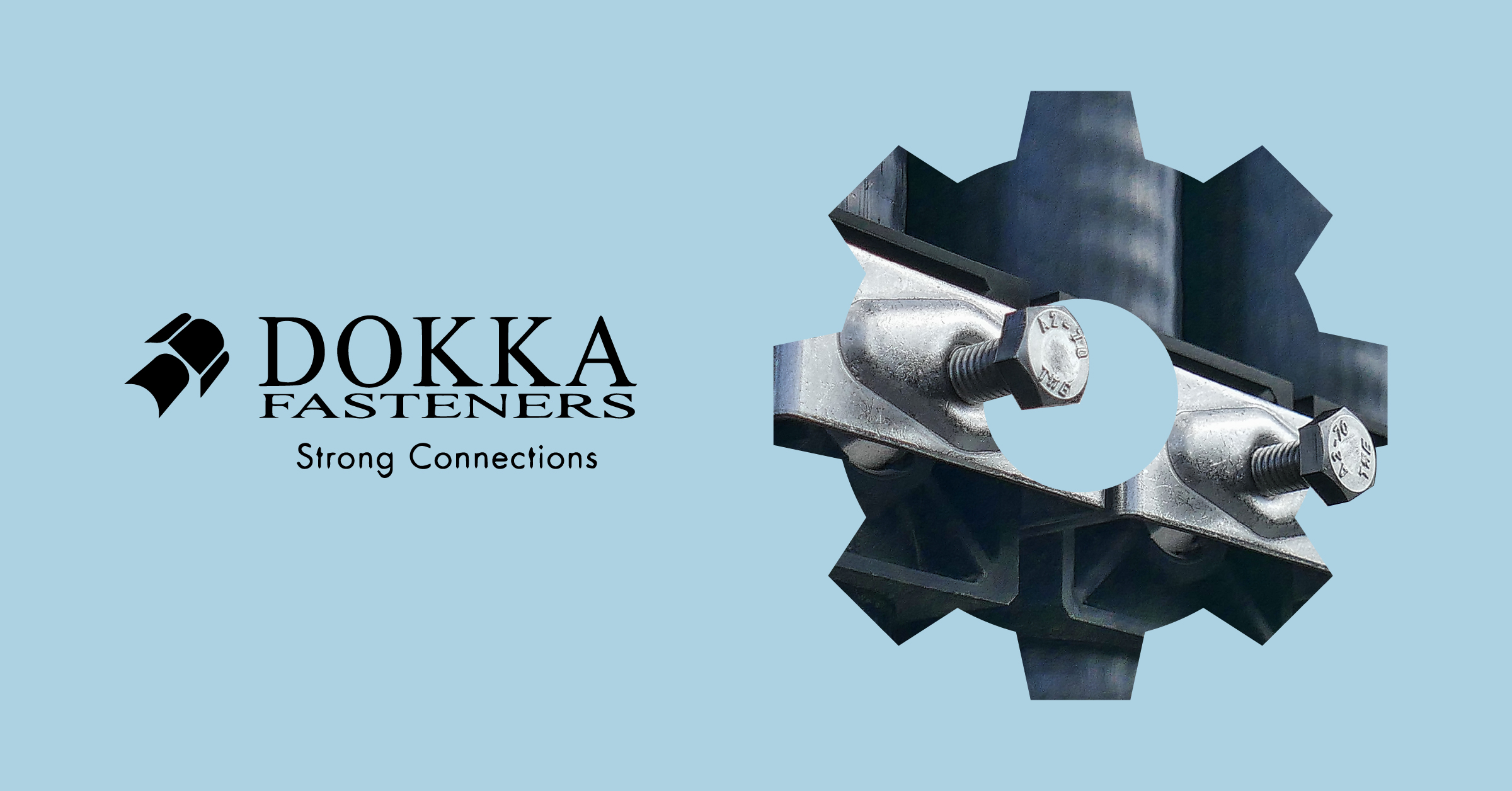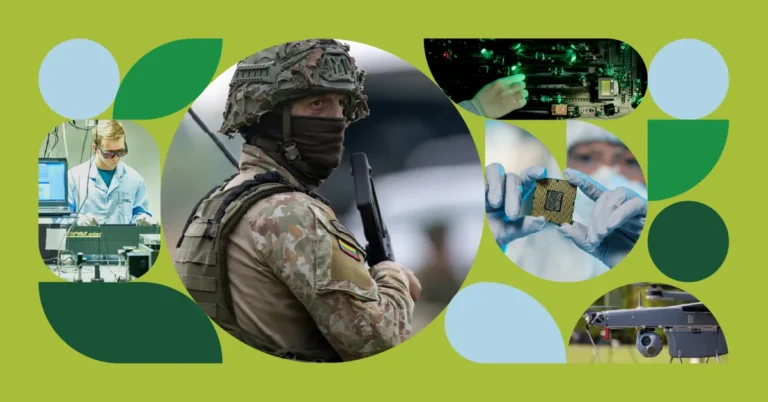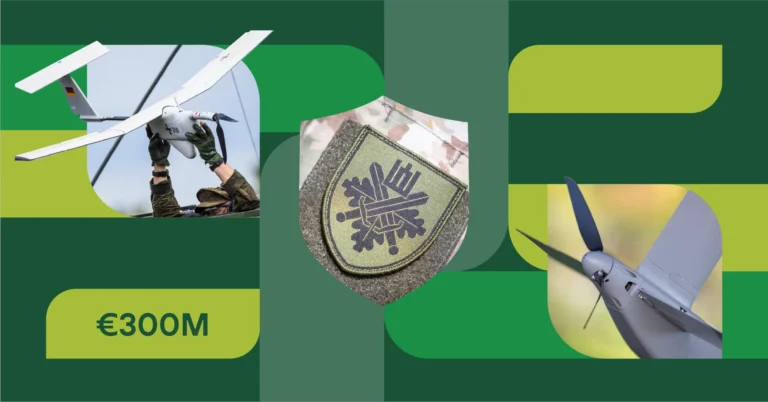The company plans to hire up to 50 people in the upcoming three years, focusing on engineering roles and competencies in machining, forging, programming assembly robots and running fully automated production lines.
“Green energy is gaining momentum, both globally and in Lithuania. While we are successfully reaching our renewable energy goals nation-wide, with wind energy being the primary renewable energy source, we are excited to see a new member in the ecosystem. We welcome Dokka Fasteners to Lithuania, and we are confident that this decision proves that Lithuania offers not only a business-friendly climate but also a competent talent pool,” says Aušrinė Armonaitė, the Minister of Economy and Innovation.
According to Elijus Čivilis, General manager of Invest Lithuania, the rapidly expanding wind energy industry provides a high demand for speciality and high-quality products, and Lithuania can benefit from it.
“Dokka Fasteners is a strong player in the fasteners segment and the company’s choice to expand in Lithuania will deepen the country’s competences in green energy. This will also contribute to Klaipėda region’s strength in process automation and will potentially open the door for further development of the wind turbine supply chain in Lithuania,” says Elijus Čivilis.













